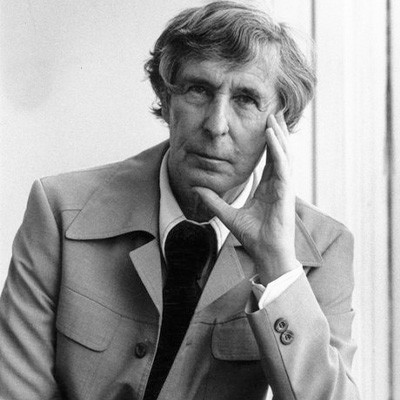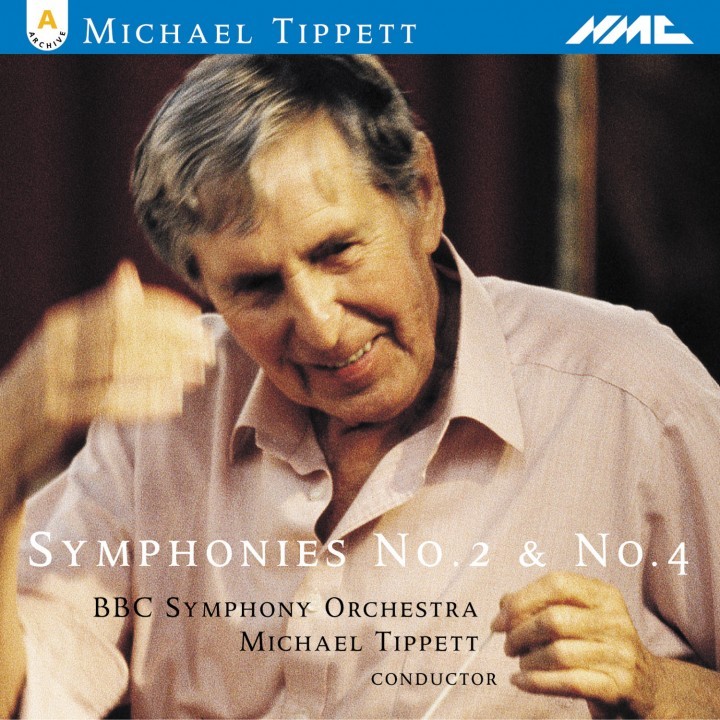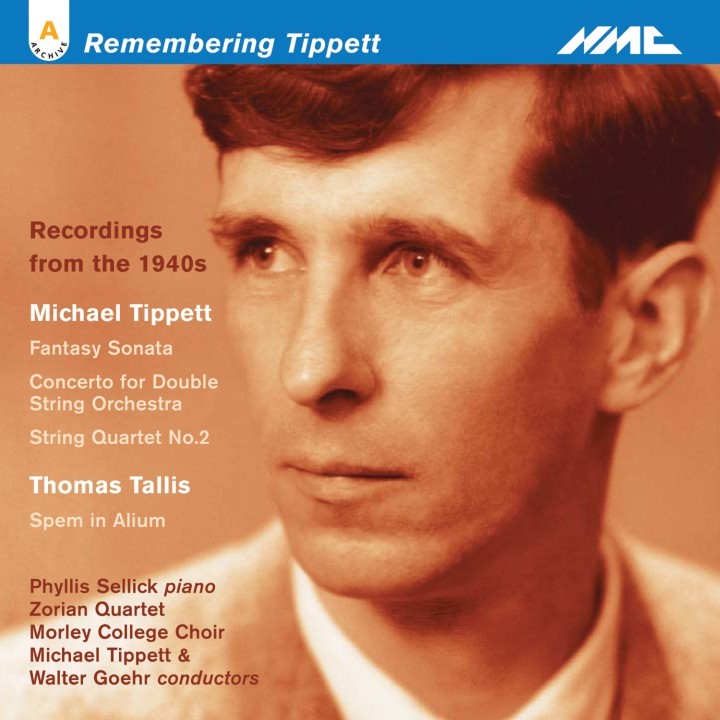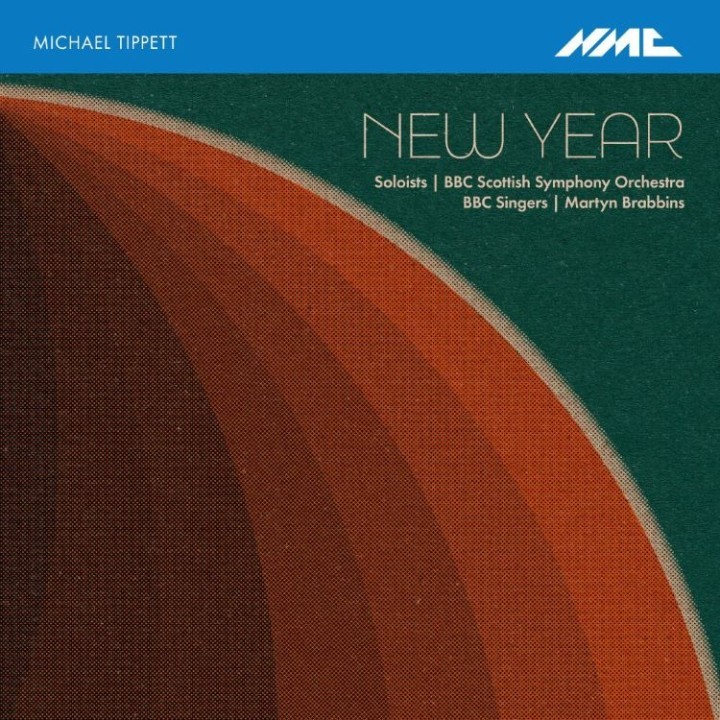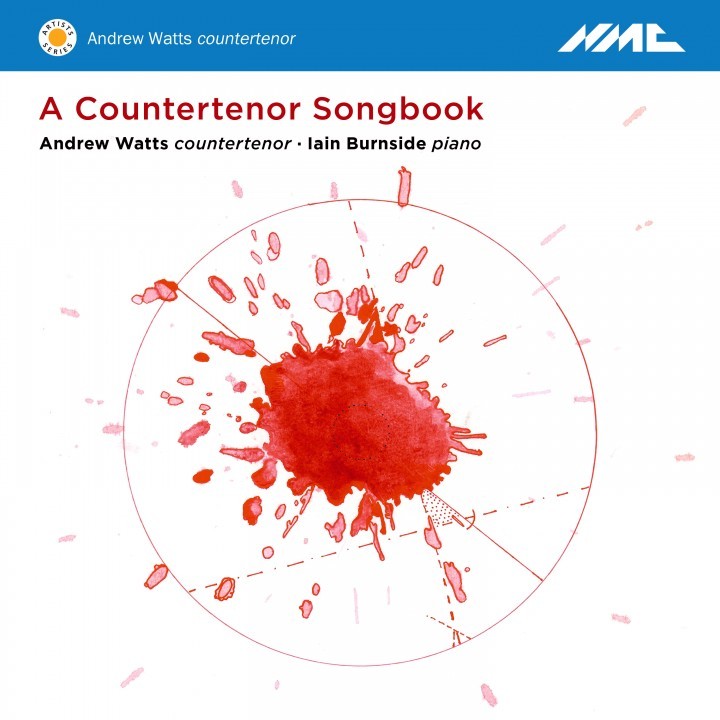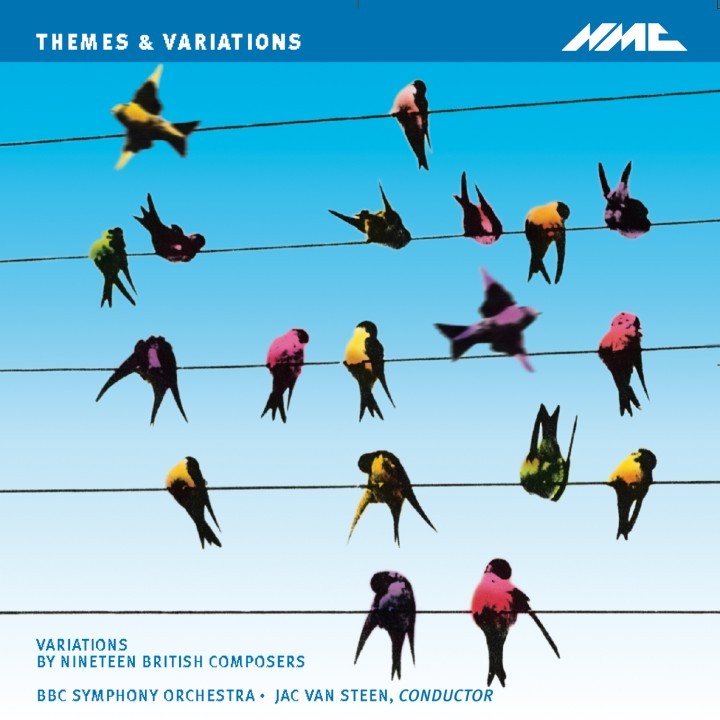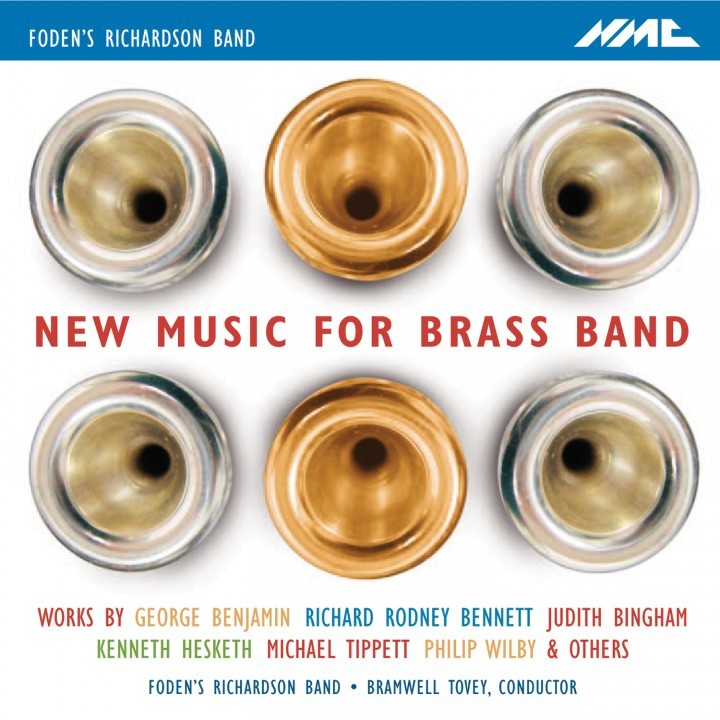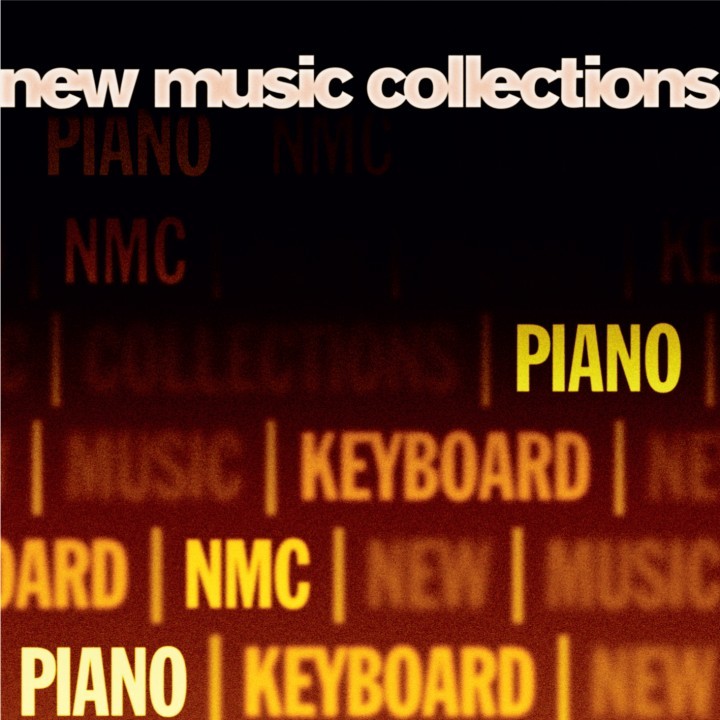Michael Tippett
Born in 1905 he was raised in rural Suffolk. An unpromising student at the Royal College of Music, he dedicated his twenties and thirties to compositions – now withdrawn – that were mainly given over to far-left political endeavours. With temporarily violent fervour he believed passionately in Leon Trotsky’s theory of permanent worldwide revolution. The break-up of a major love affair with the artist Wilfred Franks, and a subsequent period of Jungian therapy, led him to reject violence of any persuasion in favour of an ardent and absolute pacifism.
He registered as a conscientious objector on the outbreak of the Second World War and served two months in jail for failing to comply with the terms of his exemption from military duties. By this time he had produced a clutch of powerful works, characterised by innovative counterpoint and an eclectic list of influences from Beethoven to the blues: the Concerto for Double String Orchestra; two string quartets; and the oratorio A Child of Our Time, woven from the events of Kristallnacht and puntuated with five African-American spirituals.
After the war came the lushly orchestrated lyricism of Tippett’s first mature opera, The Midsummer Marriage (1946-52), and its satellites, chief among them the Piano Concerto and the Fantasia Concertante on a Theme of Corelli. Critical reception was often openly hostile, an attitude only exacerbated by the breakdown of his Symphony No 2 at its first performance, in 1958. Undeterred, Tippett reinvented himself with his second opera, King Priam (1958–61), using an altogether more fragmented and war-torn musical language. Praise of the opera and the works it inspired coincided with a reappraisal of earlier pieces to cement his reputation as one of the country’s leading composers.
Tippett’s third and fourth operas – The Knot Garden and The Ice Break – were rapturously received, their soundworld fizzing with drumkit and electric guitar. His commissions became international and lucrative, and he enjoyed a mainly vigorous old age, reintroducing to his music a new-minted lyricism and completing sequences of quartets (five), symphonies (four) and other instrumental and choral works of dazzling invention and ambition. His final opera New Year, with its reggae and space travel, was the culmination of a career that began in an age of gaslight and Empire, and spanned a tumultuous century to which Tippett and his music were especially attuned.
He died in January 1998, six days after his ninety-third birthday.
Born in 1905 he was raised in rural Suffolk. An unpromising student at the Royal College of Music, he dedicated his twenties and thirties to compositions – now withdrawn – that were mainly given over to far-left political endeavours. With temporarily violent fervour he believed passionately in Leon Trotsky’s theory of permanent worldwide revolution. The break-up of a major love affair with the artist Wilfred Franks, and a subsequent period of Jungian therapy, led him to reject violence of any persuasion in favour of an ardent and absolute pacifism.
He registered as a conscientious objector on the outbreak of the Second World War and served two months in jail for failing to comply with the terms of his exemption from military duties. By this time he had produced a clutch of powerful works, characterised by innovative counterpoint and an eclectic list of influences from Beethoven to the blues: the Concerto for Double String Orchestra; two string quartets; and the oratorio A Child of Our Time, woven from the events of Kristallnacht and puntuated with five African-American spirituals.
After the war came the lushly orchestrated lyricism of Tippett’s first mature opera, The Midsummer Marriage (1946-52), and its satellites, chief among them the Piano Concerto and the Fantasia Concertante on a Theme of Corelli. Critical reception was often openly hostile, an attitude only exacerbated by the breakdown of his Symphony No 2 at its first performance, in 1958. Undeterred, Tippett reinvented himself with his second opera, King Priam (1958–61), using an altogether more fragmented and war-torn musical language. Praise of the opera and the works it inspired coincided with a reappraisal of earlier pieces to cement his reputation as one of the country’s leading composers.
Tippett’s third and fourth operas – The Knot Garden and The Ice Break – were rapturously received, their soundworld fizzing with drumkit and electric guitar. His commissions became international and lucrative, and he enjoyed a mainly vigorous old age, reintroducing to his music a new-minted lyricism and completing sequences of quartets (five), symphonies (four) and other instrumental and choral works of dazzling invention and ambition. His final opera New Year, with its reggae and space travel, was the culmination of a career that began in an age of gaslight and Empire, and spanned a tumultuous century to which Tippett and his music were especially attuned.
He died in January 1998, six days after his ninety-third birthday.
Recordings by this composer
RecordingsCompilations with this composer
CompilationsRelated composers
Related composersRelated news
NewsExternal Links
Music Map
Discover more about the classical music of today with NMC's Music Map, and exciting and educational online tool which enables you to see and hear the connections between composers, their teachers, pupils, influences and their works.
Music Map
